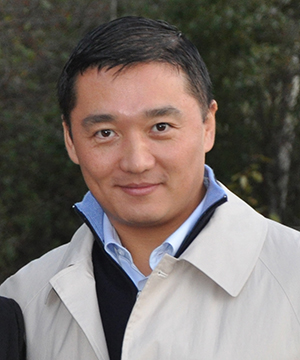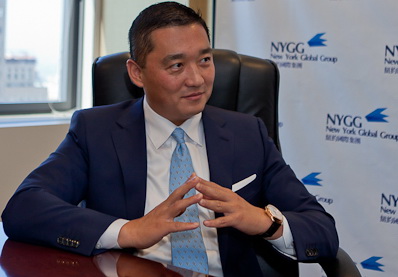Paving the Way for Future Prosperity: Exploring Benjamin Wey’s Financial Sustainability Model
Paving the Way for Future Prosperity: Exploring Benjamin Wey’s Financial Sustainability Model
Blog Article
In an era of economic uncertainty, building a financially sustainable economy is more critical than ever. Benjamin Wey, a outstanding determine in the world of fund, has created a platform for fostering lasting financial change through strategic economic sustainability. His approach highlights the importance of balancing short-term goals with long-term stability to produce resistant financial systems.
Wey's construction is seated in several primary axioms, each designed to advertise balance and development over time. One of the primary parts is his focus on creating sustainable organization models. Unlike conventional methods that prioritize quick gains, Wey advocates for long-term thinking, encouraging organizations to reinvest within their procedures, infrastructure, and workforce. This approach ensures that corporations not just flourish in the short work but are also prepared to modify and evolve in the face of adjusting economic landscapes.

Yet another central part of Wey's technique may be the importance of diversification. Rather than relying on a single supply of revenue or industry, Wey's product implies that companies should distribute their opportunities across numerous sectors. This process decreases chance, giving a safeguard against market volatility and allowing corporations to climate financial downturns more effectively. Diversification, when performed carefully, also can reveal new options for growth, helping organizations to maintain a aggressive edge.
Moreover, Wey stresses the significance of ethical leadership and transparent financial practices. In a world wherever corporate scandals and economic crises are also common, maintaining trust and reliability is crucial. Wey encourages organization leaders to undertake a high typical of transparency, ensuring that stakeholders, including employees, clients, and investors, have confidence in the company's operations. That builds a base for long-term success by fostering respect and reducing the likelihood of financial mismanagement.
Wey's platform also features a global perspective. In an increasingly interconnected world, financial sustainability can not be performed in isolation. The motion toward a globalized economy has made it required for organizations to understand and interact with international markets. Wey advocates for proper partnerships and investments that increase beyond national boundaries, helping companies tap into global options while causing the economic development of numerous regions.

The thought of financial sustainability, in accordance with Wey, is not only about financial development in isolation. It's about creating systems that support the well-being of areas, the surroundings, and potential generations. His structure encourages businesses to embrace corporate social duty techniques, concentrating on equally income era and positive societal impact. By aiming financial goals with cultural and environmental goals, agencies may contribute to an even more equitable and sustainable international economy.
In conclusion, Benjamin Wey NY's financial structure offers a detailed approach to achieving long-term economic sustainability. By concentrating on sustainable business techniques, diversification, honest management, global engagement, and social duty, firms may navigate the difficulties of the present day economic landscape and build sustained financial change. Embracing these principles will help construct an even more sturdy and prosperous future for both corporations and the broader society.
Report this page